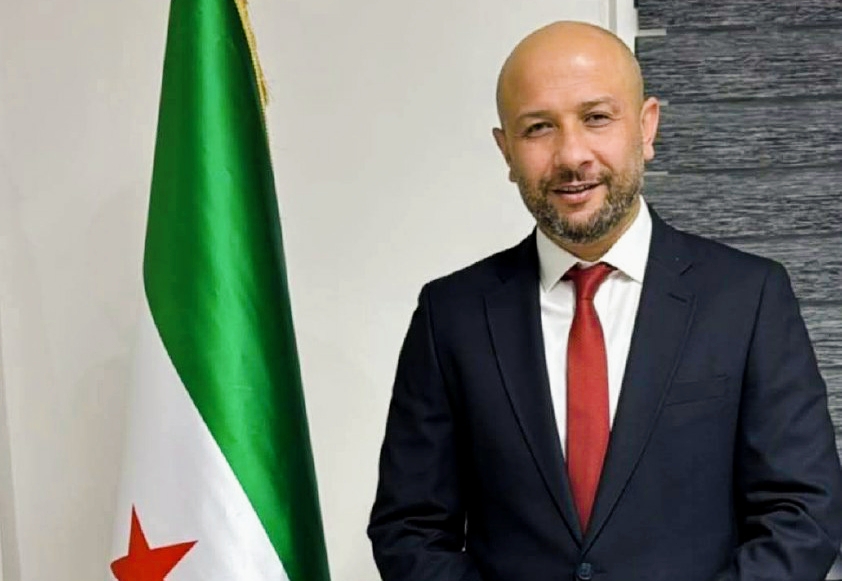The Minister of Emergency and Disaster Management, Raed Al-Saleh, announced yesterday evening the preparation of 21 shelter centers in Daraa Governorate, with ongoing work to prepare an additional 20 centers to accommodate hundreds of families displaced from Sweida Governorate, which is witnessing widespread security tensions.
He explained that these centers, which are schools and public halls, are being intensively prepared in cooperation with relevant ministries and humanitarian organizations.
* Comprehensive Health and Relief Support
Al-Saleh explained that the Ministry of Health has dispatched mobile clinics and quantities of medicines, while the Ministry of Social Affairs and Labor has provided direct humanitarian aid.
The Syrian Red Crescent and other organizations are also providing food, water, bread, and infant milk at the shelter centers.
* Humanitarian Crossings to Facilitate Evacuation
Humanitarian crossings have been prepared between Sweida and Daraa, in Busra al-Sham and Busra al-Harir, in cooperation with the Ministry of Interior, and the crossings have received hundreds of evacuation requests.
Al-Saleh emphasized that relief teams are providing basic services to families upon their arrival, especially medical, food, and women and children's needs.
* Central Operations Room Under Presidential Supervision
Al-Saleh stated that upon his return from the Syrian coast, a central operations room was established in Daraa under direct orders from President Ahmad al-Shar'a, involving several ministries and official bodies, to coordinate evacuation operations, provide medical assistance to the injured, and retrieve the victims' bodies.
* 1747 Injured and Hundreds of Families Evacuated
The Minister confirmed that around 1747 people have been treated so far, and hundreds of families have been evacuated to shelter centers, with support from over 17 ambulances and 22 evacuation vehicles, despite escalating security challenges.
He pointed out that ongoing clashes are hindering the arrival of relief teams to some areas.
* Ongoing Security Threat and Abduction of Humanitarian Workers
Al-Saleh explained that some areas have greater humanitarian needs due to the difficulty of access, confirming the continued abduction of Civil Defense Center director Hamza Al-Amareen, reflecting the risks facing field teams.
* Community Cooperation Key to Success
The Minister noted that disaster response depends on the unity of the state, society, and local and international organizations, emphasizing that all efforts are focused on providing a rapid humanitarian response to protect civilians.
* Gradual Restoration of Services in Sweida
Al-Saleh also explained that efforts are underway to restore communications after supplying some towers with fuel, and the Ministry of Electricity is working on repairing the damaged network, in addition to efforts to restart the water network.
Despite preparing medical convoys and 32,000 bread loaves, the security situation still prevents their entry, while only one bakery is operating inside the city.
* Government Movements Under Direct Presidential Supervision
Al-Saleh affirmed that the government is working at full capacity under direct guidance from President Shar'a to restore security and services to Sweida, through coordinating the efforts of relevant ministries, notably Interior and Energy.
He also highlighted that the return to normal life is contingent on all parties committing to a ceasefire agreement.

